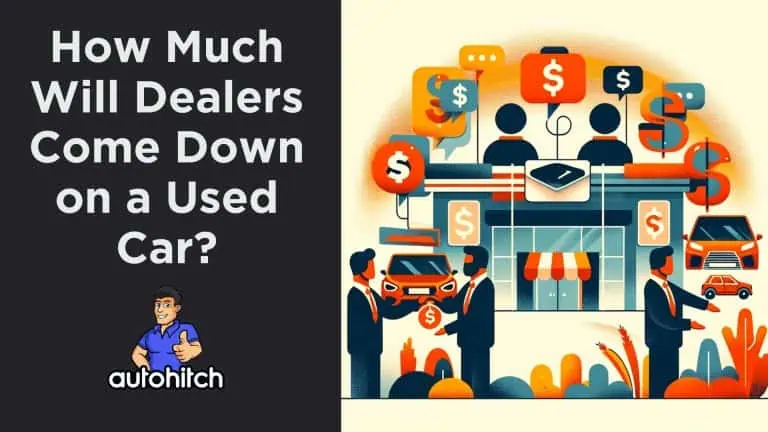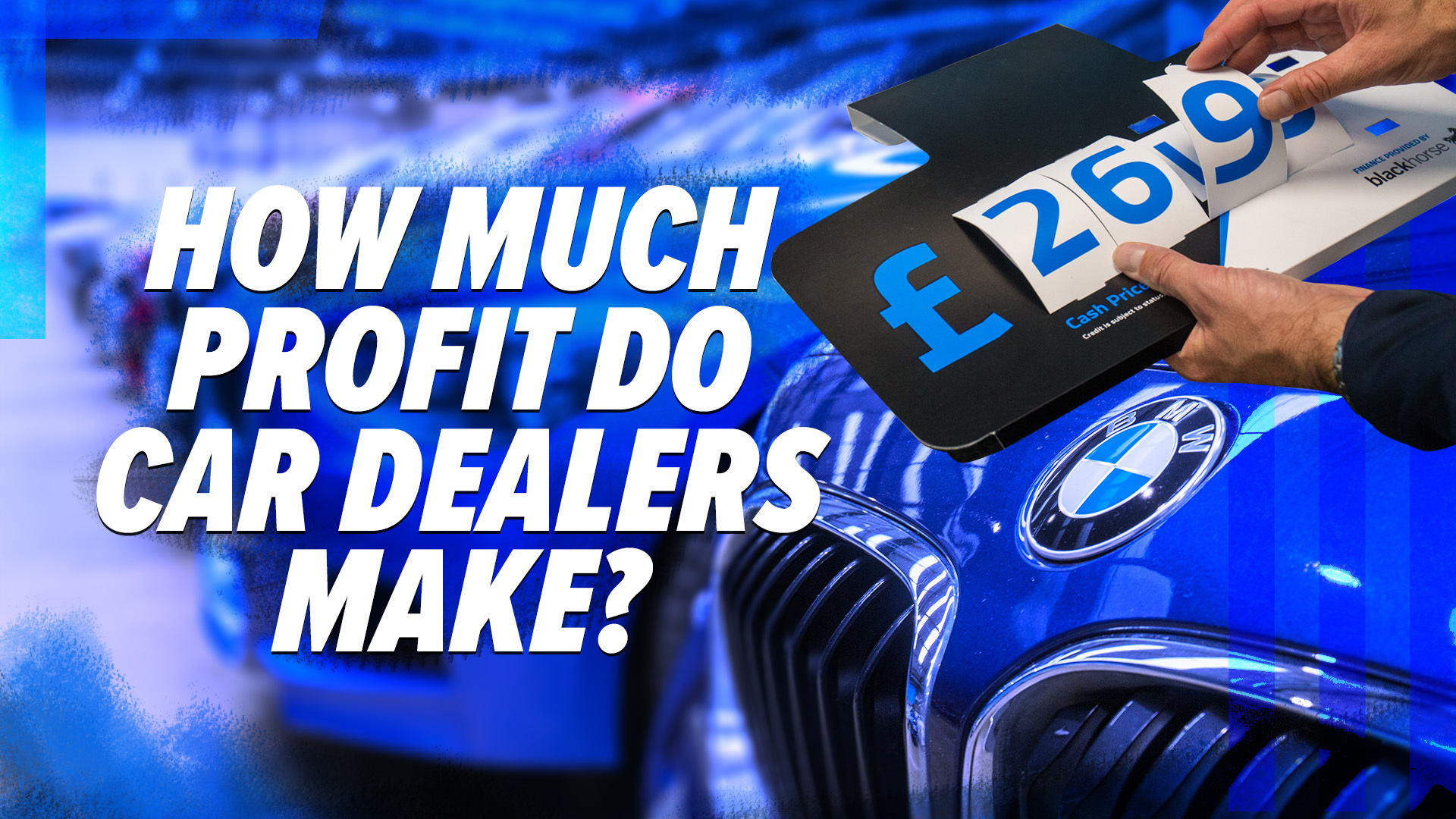How Much Will Car Dealers Come Down On Used Cars

In a fluctuating automotive market, a question looms large for prospective buyers: how much can car dealerships realistically budge on the price of used vehicles? The answer, it turns out, is complex and varies greatly depending on a multitude of factors, leaving consumers to navigate a landscape of potential savings and savvy negotiation.
The wiggle room on used car prices depends on elements such as supply, demand, the specific vehicle's condition, and even regional market trends. Understanding these dynamics empowers buyers to secure the best possible deal, and this article aims to provide a comprehensive overview of the current used car market and strategies for effective negotiation. Ultimately, this insight seeks to provide clarity to both consumers and industry stakeholders.
The Shifting Sands of the Used Car Market
The used car market has experienced significant volatility in recent years, largely influenced by global events and economic shifts. The COVID-19 pandemic, with its supply chain disruptions and chip shortages, significantly impacted new car production, subsequently driving up demand and prices for used vehicles. As new car inventories slowly recover, the used car market is beginning to stabilize, but prices remain elevated compared to pre-pandemic levels.
Cox Automotive, a leading provider of automotive insights and solutions, reports a gradual easing of wholesale used car prices. However, retail prices are lagging behind, indicating that dealers may still have some margin to negotiate. This lag is due to various factors, including dealers' desire to recoup past investments and the ongoing, albeit reduced, demand for used vehicles.
Factors Influencing Negotiation
Several key factors determine the extent to which a car dealer is willing to negotiate on a used car. The age and condition of the vehicle are paramount. Cars with minor cosmetic issues or higher mileage may offer greater opportunities for negotiation.
Market demand plays a crucial role; highly sought-after models may command higher prices with less room for negotiation. Conversely, less popular or less common vehicles might present a chance to secure a more significant discount.
Dealer inventory also matters. If a dealership has a large inventory of a particular model, they may be more willing to negotiate to move the vehicles off the lot. End-of-month or end-of-quarter sales quotas can also incentivize dealerships to offer better deals to meet their targets.
Strategies for Effective Negotiation
Arming oneself with information is the first step towards successful negotiation. Research the fair market value of the specific vehicle you're interested in using resources like Kelley Blue Book (KBB) and Edmunds.
Obtain a pre-purchase inspection from an independent mechanic. This inspection can reveal potential issues that could be used as leverage during negotiations, especially if repairs are needed.
Be prepared to walk away. Dealerships are often more willing to negotiate with buyers who are not emotionally attached to a specific vehicle and are willing to explore other options. Having pre-approved financing from a bank or credit union can also strengthen your negotiating position.
The Art of the Offer
Start by making a reasonable offer below the asking price, but not so low that it's insulting. Be polite but firm, and clearly articulate your reasons for the offer, referencing your research and the vehicle's condition.
Focus on the out-the-door price, including all taxes and fees. Dealerships sometimes inflate these fees to recoup discounts offered on the vehicle price, so it's crucial to scrutinize the entire transaction.
Don't be afraid to negotiate on the financing terms as well. Compare interest rates and loan terms from different lenders to ensure you're getting the best possible deal. It may also be possible to negotiate on trade-in value, if applicable.
The Human Element
Beyond the data and strategies, remember that car buying involves human interaction. Building rapport with the salesperson can create a more positive negotiation environment.
Treat the salesperson with respect, even when you're negotiating aggressively. Remember, they are trying to earn a living, and a respectful approach can often lead to a more favorable outcome.
Building a good relationship is key. Often the salesman will be more willing to help you if you are friendly and respectful of their time and work.
Looking Ahead
The used car market is expected to continue its gradual stabilization as new car production catches up with demand. This increased inventory will likely lead to greater price competition and more opportunities for buyers to negotiate better deals.
However, factors such as inflation and interest rates will continue to influence the overall affordability of vehicles. Staying informed about market trends and employing effective negotiation strategies will be crucial for consumers looking to purchase a used car in the coming months.
Ultimately, the amount a car dealer will come down on a used car depends on a complex interplay of factors. But with diligent research, strategic negotiation, and a healthy dose of patience, buyers can navigate the market successfully and drive away with a deal that meets their needs and budget.


















